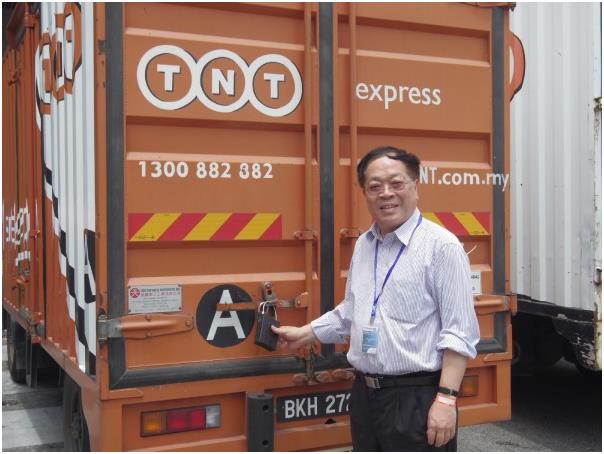A moving story of success


In 1996, Bao was promoted to the position of manager at Longwu port company, a subsidiary of the former entity of Shanghai International Port Group. At the time, the port was running at a much lower capacity than it should because few ships were choosing to make the long journey-more than 6 hours sailing from the East China Sea-to dock there.
Bao took the bold decision to pursue a business model not being deployed in China at the time to try and encourage more vessels make port at Longwu. In December that year, Bao oversaw the inauguration of the country's first domestic container transportation route. It not only made the Longwu port company profitable, but also reshaped domestic shipping in line with international standards. To date, as many as 107 million TEUs (20-foot equivalent units) of cargo are transported domestically per year.
Entering the new millennium, Bao was named as the vice-president of SIPG to take charge of technologies, facilities and infrastructure. This new platform enabled Bao to launch research projects into port informatization, automation, and intelligence.
Since 2004, Bao's exploration of port automation has seen a series of projects launched at Shanghai port, ranging from the nation's first automated and unmanned container yard and the world's first automatic bridge-style unloader, to an automatic bulk loading machine.
These innovative applications have provided strong support in helping the port of Shanghai grow into the world's largest container port.
He has also turned his hand to other pressing issues in container transportation, such as combating illegal migration, smuggling and theft. As such, Bao devoted himself into the invention of a container radio-frequency identification device to enhance the transparency and safety of container transportation.
By tracing all container information on a global scale, the RFID device can report the condition and location of the containers via satellite positioning, satellite communications, and the internet.
Such functionality requires the cooperation of related nations and recognition of the international standards drafted by the creator of the device.
Since 2011, Bao has led the team in drafting ISO 18186, which became the first international standard China has formulated in the transportation and logistics sector. To date, countries such as the United Kingdom, France, the Netherlands, Denmark, Saudi Arabia and Czech Republic have adopted ISO 18186 as a national standard. Japan and Russia are planning to follow suit, and the standards have been confirmed to be practical in the United States and Germany.
But more effort is needed to make the device applicable worldwide, and Bao says he will continue to work tirelessly to promote ISO 18186 to more nations and regions.




































